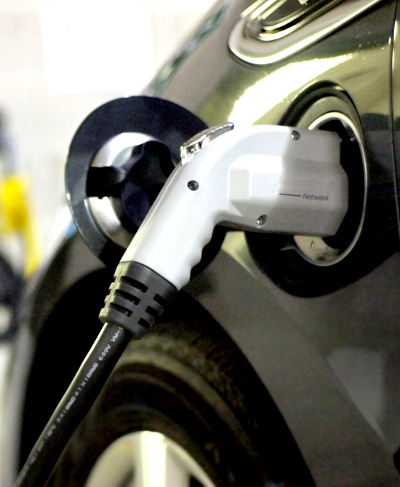Bumpy path for EV bill
 A federal EV bill is facing a tough road to success.
A federal EV bill is facing a tough road to success.
The Coalition, Greens and some members of the crossbench want the Albanese government to change its plans to reduce the cost of low-emissions vehicles.
Labor put forth plans for an “electric car discount” as an election policy, aimed at increasing the uptake of EVs and plug-in hybrids.
Instead of rebates, it wants to remove Fringe Benefits Tax (FBT) from eligible vehicles and scrap a current 5 per cent customs duty.
Estimates suggest this would make popular models, like the Nissan Leaf, up to $9,000 cheaper for employers running fleets, and about $2,000 cheaper for some individuals.
However, the plan faces legislative hurdles.
The Coalition party room has raised concerns about the cost of the policy, and will oppose the bill unless amendments are made.
“The Coalition's opposition is not about low-emissions vehicles,” Shadow Treasurer Angus Taylor said.
“The bill, if it's effective, will simply increase demand in an already tight market.
“The best thing the government can do with this money is invest it in practical measures to drive EV infrastructure investment.”
Without the opposition’s support, the government would need the backing of the Greens and one crossbencher to get the Treasury Laws Amendment (Electric Cars Discount) Bill 2022 through the Senate.
But the Greens and key ACT Independent Senator David Pocock are concerned about the types of cars eligible.
The legislation includes zero and low-emissions vehicles, like electric cars, hydrogen fuel cell vehicles and plug-in electric hybrids — which can have their batteries charged via an "off-vehicle" power source.
The Greens want internal combustion engines to be left out of the scheme entirely.
“The government should not create a new fossil fuel subsidy,” Greens Leader Adam Bandt said.
“The Greens will raise our concerns with the bill directly with the government to ensure we get more electric vehicles on the road.”








 Print
Print